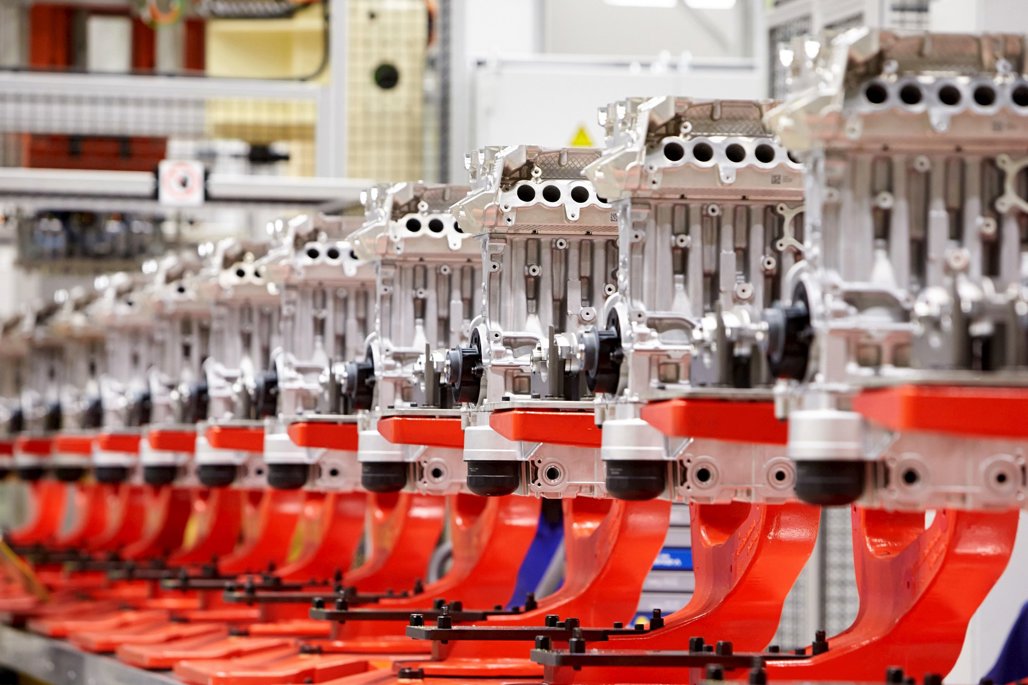Volvo’s engine factory in Skövde, Sweden, has become the company’s first climate-neutral manufacturing plant, having switched to renewable heating on 1 January 2018.
Skövde is the first plant in Volvo’s global manufacturing network to reach this status, which marks a significant step towards the company’s vision of having climate-neutral global manufacturing operations by 2025. Skövde also becomes one of only a few climate-neutral automotive plants in Europe.
Volvo’s NZ general manager Coby Duggan says the company’s sustainability strategy has evolved rapidly in recent years.
“The move towards climate-neutral manufacturing is a key one and proves that Volvo’s commitment to the environment runs deeper than vehicle emissions alone.
“The temperature in Skövde is usually below freezing point at this time of year and requires a significant amount of energy to heat. By moving to a renewable energy source the plant is expected to reduce their CO2 emissions by thousands of tonnes annually.”
Javier Varela, senior vice president of manufacturing and logistics at Volvo says improving energy efficiency is car maker’s first priority.
“The Skövde plant achievement is an important addition to our broader efforts in minimising our environmental footprint. We are pleased to be a leader within the automotive industry in the move towards climate-neutral manufacturing,” he says.
A new agreement between Volvo and the local provider ensures that all heating supplied to the Skövde plant is generated from waste incineration, biomass and recycled bio-fuels. Since 2008, along with the company’s other European plants, its Skövde site’s electricity supply already comes from renewable sources.
“This is a proud moment both for the Skövde plant and for Volvo,” says Stuart Templar, director for sustainability.
“Environmental care is one of our core values. Along with our plan to electrify all new Volvo cars launched from 2019, climate-neutral manufacturing operations will significantly reduce our overall carbon footprint, supporting global efforts to tackle climate change,” he says.
Volvo is constantly looking at innovative ways to move towards its 2025 vision. In 2016, the production plant in Ghent, Belgium, introduced a district heating system that reduced carbon emissions by 40 per cent, saving 15,000 tonnes of CO2 per year.
“We will continue to work actively with our energy suppliers in all regions to secure further access to renewable energy for our manufacturing plants,” says Javier Varela.




